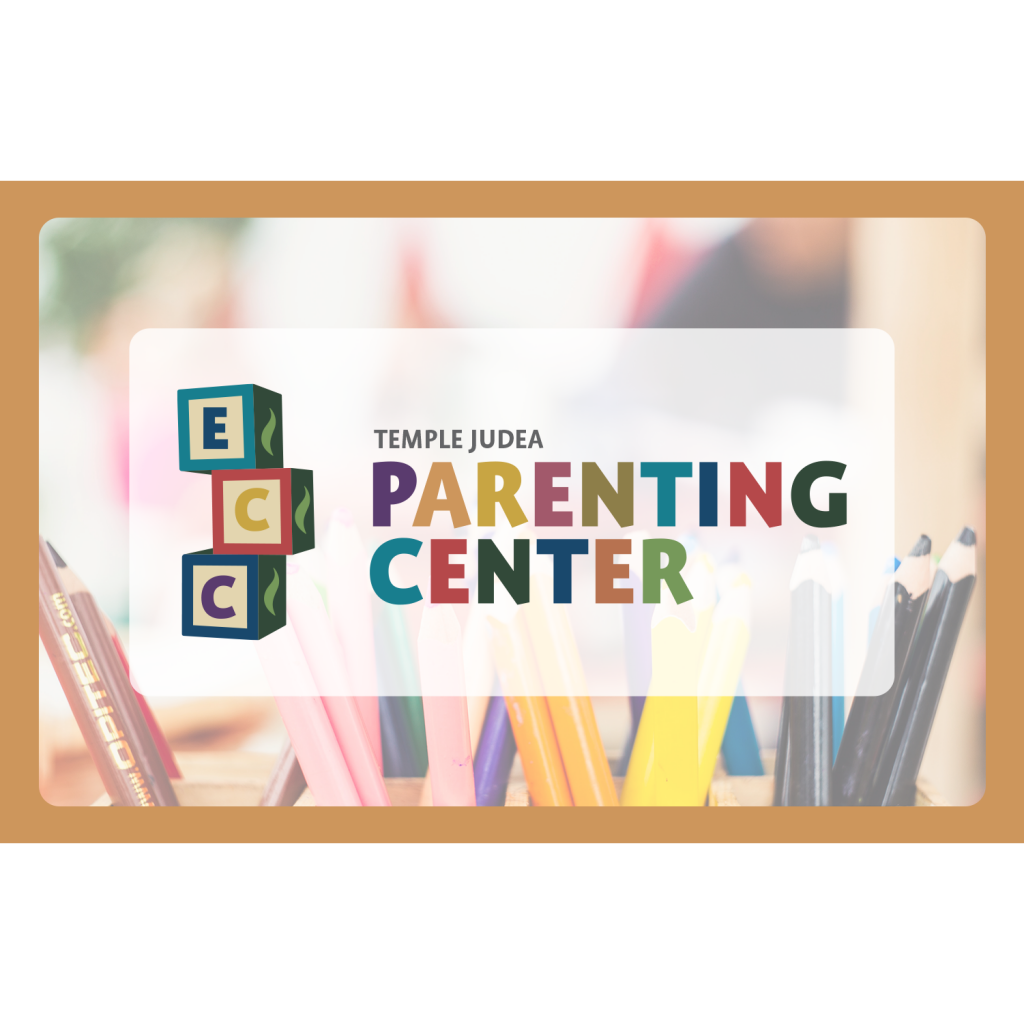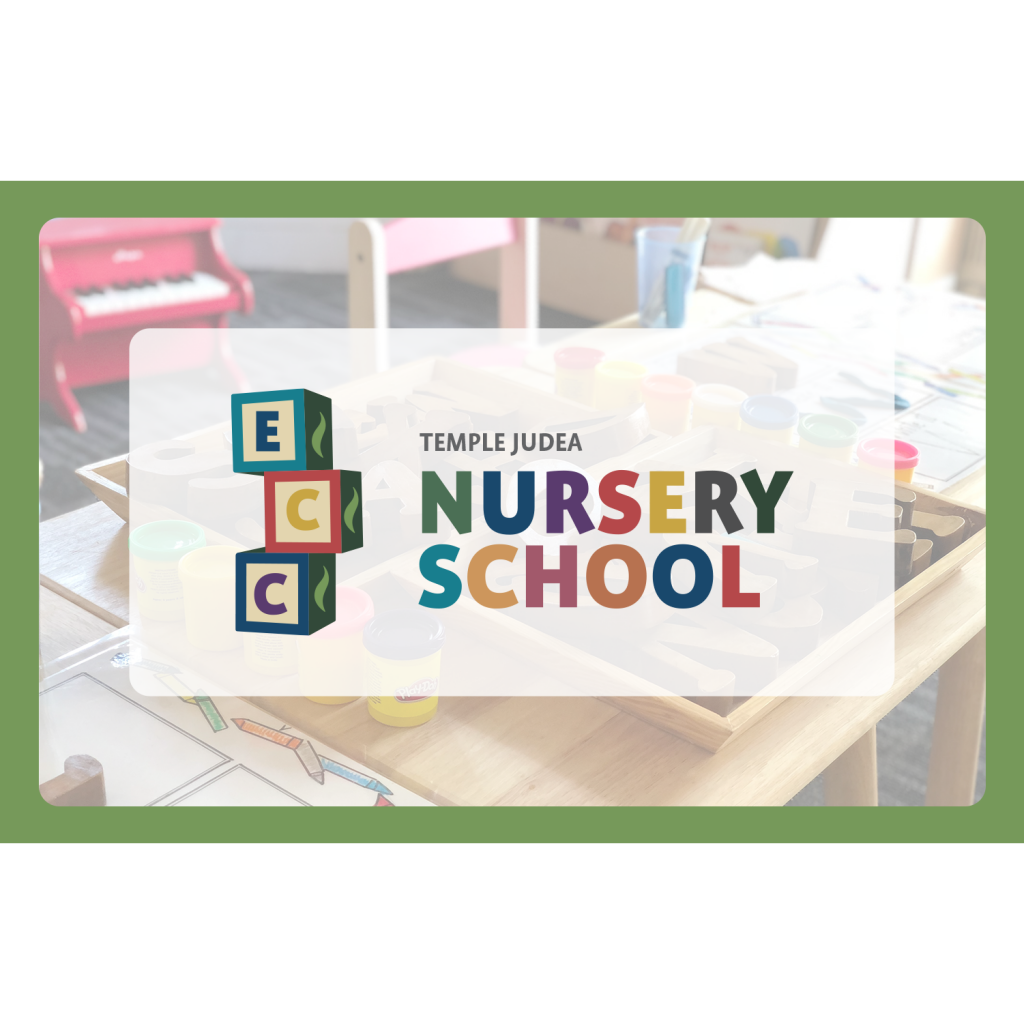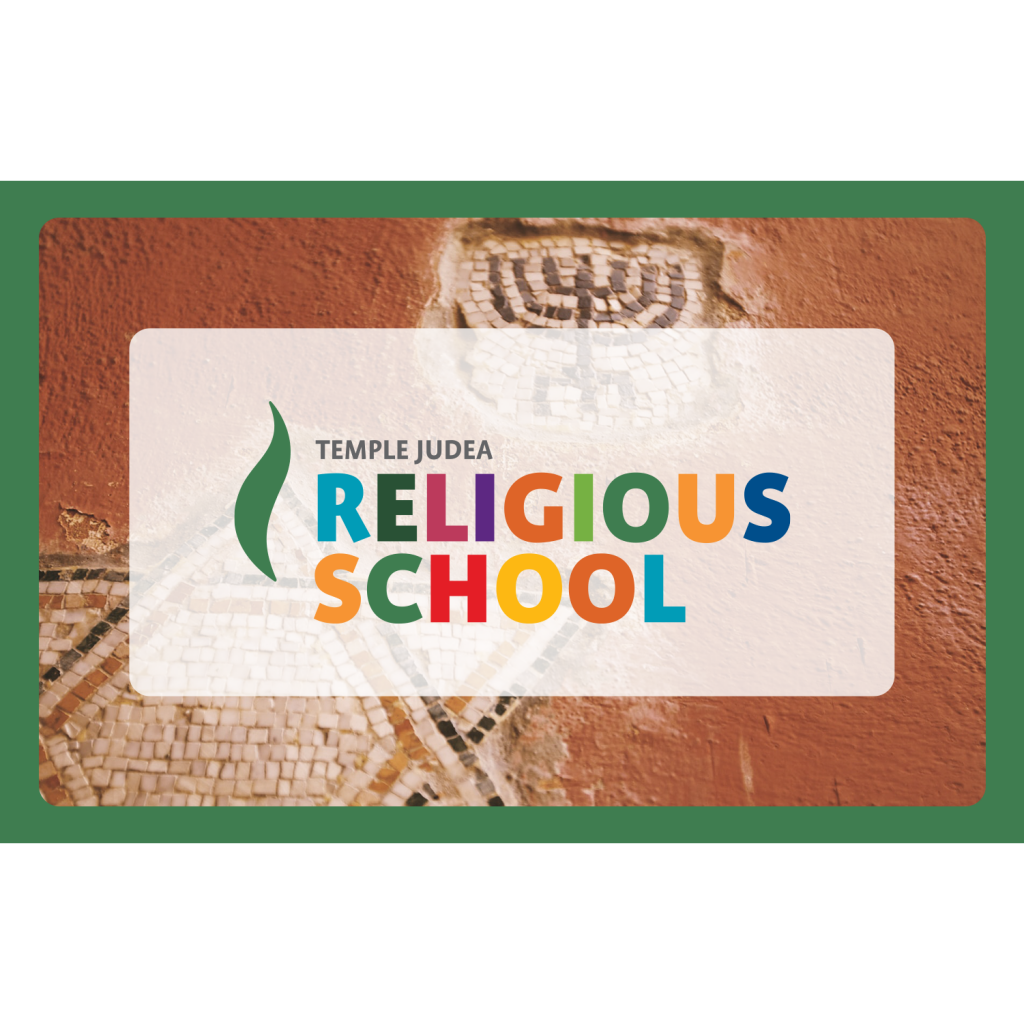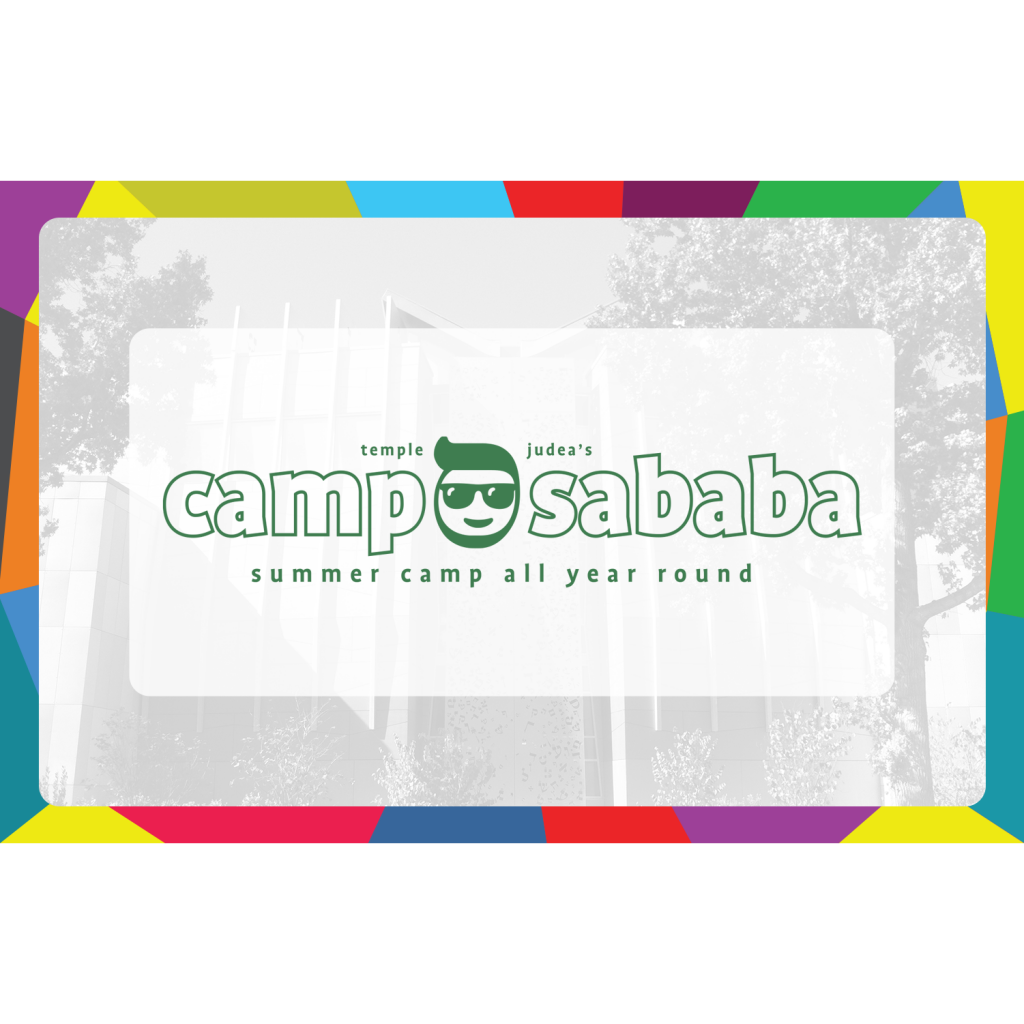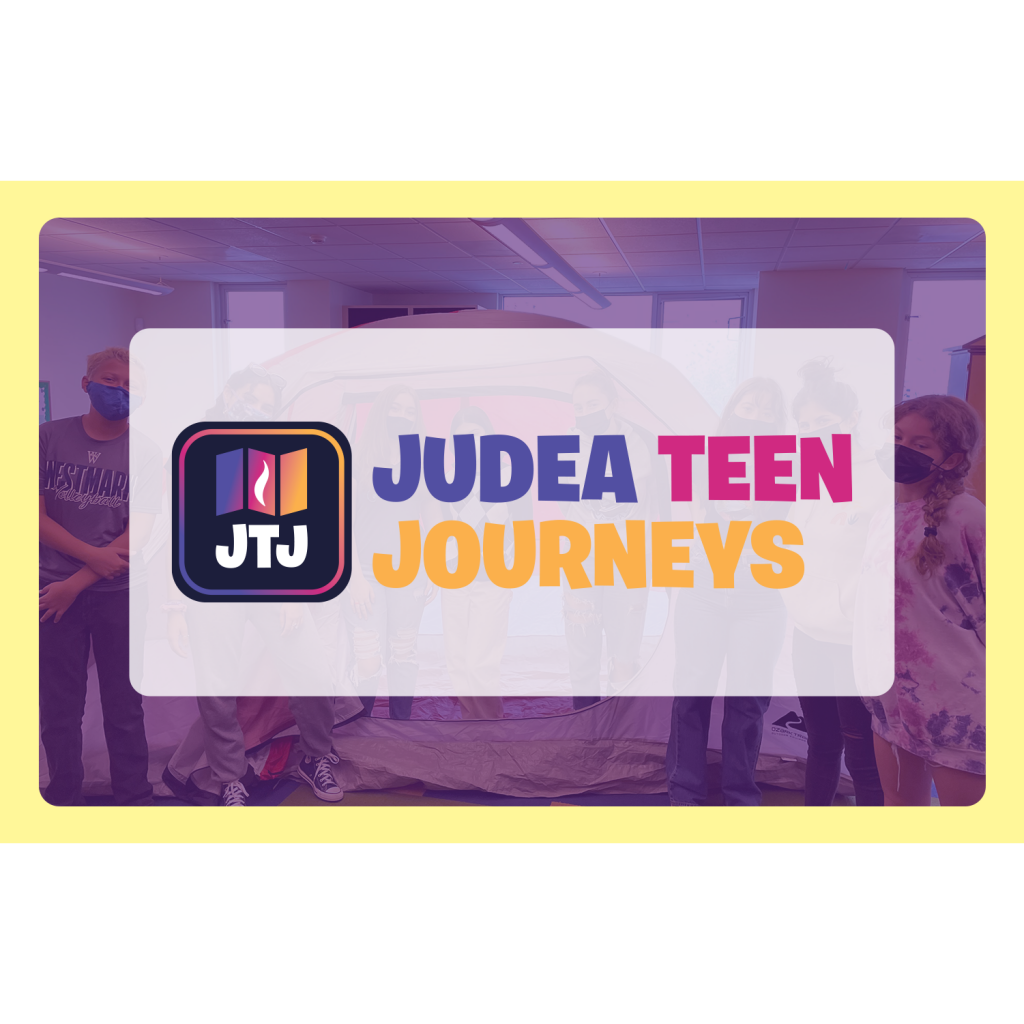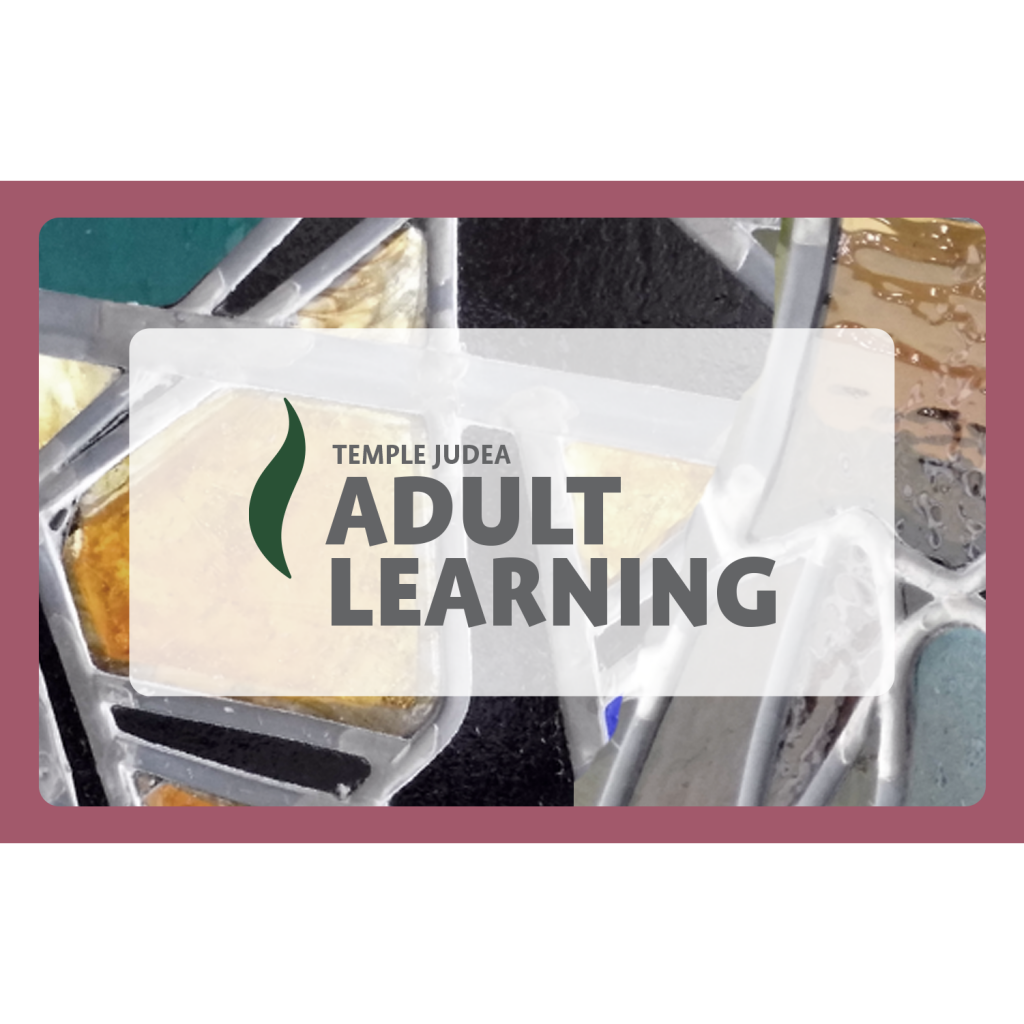
Neuroscientists and Early Childhood Educators agree that play is the work of children. Young children explore their world and learn through play, and it is the most powerful and meaningful way for them to gain knowledge. In an article called, "Want to Get Your Kids into College? Let Them Play," the authors, a child development specialist and a Harvard University Professor say, "If you want your child to succeed in college, the play-based curriculum is the way to go. Through play, children learn to take turns, delay gratification, negotiate conflicts, solve problems, share goals, acquire flexibility, and live with disappointment. The real 'readiness' skills that make for an academically successful kindergartener or college student have as much to do with emotional intelligence as they do with academic preparation." So...

To understand size, weight, and number concepts
(math and science)
To recreate the world around us
(geography and social skills)

To understand our environment
(abstract thinking)
To use small muscles skills
(self-help and writing readiness)

To coordinate the actions of eyes and hands
(reading/writing readiness)
To practice sequencing and patterning
(math)

To learn spatial relationships
(math)
To complete a task
(study habits and self-esteem)

To match and classify
(math)
To practice visual recognition
(reading/writing readiness)

To strengthen hand muscles
(reading/writing readiness)
To express personal creativity
(abstract thinking)

To use writing as a means of communication and creativity
(reading/writing readiness & abstract thinking)
To strengthen hand muscles
(reading /writing readiness)

To remember details, and express ideas
(auditory processing/ language development)
To develop empathy & imagination
(abstract thinking/brain development)

To participate cooperatively in a group
(social skills/empathy)
To stimulate multiple brain functions
(memory/ language/ math skills)

To coordinate eye and hand movements
(physical development)
To work with others cooperatively
(social skills)

To use our bodies in challenging tasks
(self-esteem and coordination)
To develop large muscle groups
(physical development)
Temple Judea Early Childhood Center
5429 Lindley Ave. Tarzana, CA 91356
818.342.3840
Lisa Whitman – Early Childhood Center Director
Sari Edber - Early Childhood Center Assistant Director

